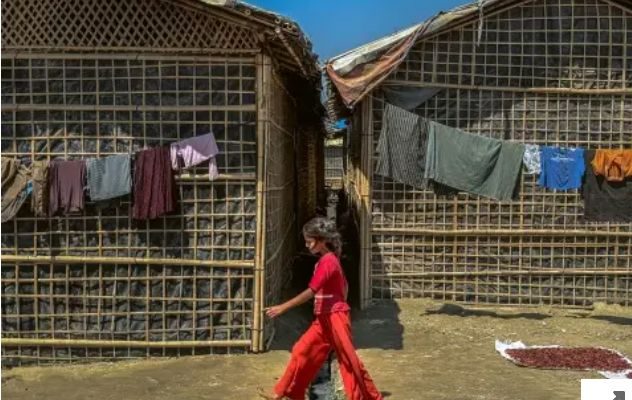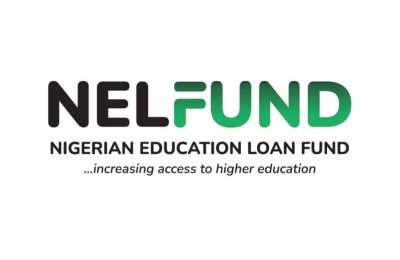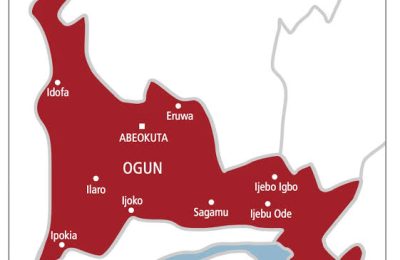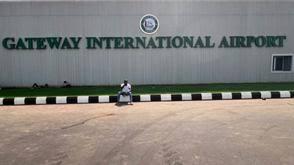
United States and other foreign donor cutbacks in humanitarian aid have worsened the already existing education crisis for 437,000 school-age children in Rohingya refugee camps in Bangladesh, Human Rights Watch said today. On June 3, 2025, the United Nations Children’s Fund (UNICEF) suspended thousands of “learning centers” run by nongovernmental organizations in the refugee camps, due to lack of funding.
The only education currently in the Bangladesh refugee camps is at schools established by the Rohingya community without outside support or official recognition. Bangladesh’s interim government should urgently lift restrictions on education for Rohingya refugees, such as lack of accreditation, and donors should support community-led schools. The government should also permit Rohingya children to enroll in schools outside the camps.
“The US and other donor governments are abandoning education for Rohingya children after the previous Bangladesh government long blocked it,” said Bill Van Esveld, associate children’s rights director at Human Rights Watch. “The interim Bangladesh government should uphold everyone’s right to education, while donors should support the Rohingya community’s efforts to prevent a lost generation of students.”
In April and May, Human Rights Watch spoke with 39 Rohingya refugee students, parents, and teachers in the camps in the Cox’s Bazar District, 22 on Bhasan Char island also housing refugees, and 14 international and Bangladeshi teachers, humanitarian workers, and education experts. Most Rohingya fled persecution and wartime atrocities in Myanmar, where they are effectively denied citizenship and other rights.
In 2024, the US government provided US$300 million to respond to the Rohingya refugee crisis, over half of the total amount received by humanitarian agencies. But as of June 2025, the administration of President Donald Trump had slashed aid to $12 million. By April, the humanitarian education sector in Bangladesh – which funds the learning centers – had secured only about $22 million of its $72 million annual budget and was significantly reducing expenditures. Out of a target of 437,000 school-age children in the camps, about 304,000 were enrolled in the learning centers, now closed. UNICEF aimed to reopen the learning centers it funded for classes 6 and above by June 29, and encouraged nongovernmental organizations (NGOs) to reopen lower classes if they could find other sources of funding.
Rohingya refugees said that community-led schools offered higher-quality education than the learning centers. They hired teachers who had completed most of their upper secondary schooling, and classes had multiple teachers who specialized in different subjects.
The community-led schools, unsupported by government or private donor funding, charge parents monthly tuition fees ranging from around $0.50 for class 1 up to $5 for class 12, a barrier to enrollment for some families. One refugee said: “Parents want to send kids to community-led schools but can’t afford the fees, so the only options are [learning centers]. But when they see that the kids aren’t learning, they send the child to work.”
“There are over 100 [community-led] schools [in the Cox’s Bazar camps],” a principal said. “But no humanitarian [groups] are supporting us, because the Bangladesh authorities don’t recognize us.”
Teachers said the lack of certification, which affected learning centers as well as community-led schools, also undermined students’ hopes to build a better future upon eventual return to Myanmar. “If you made it to grade 12, but without a certificate, you will have to start all over from the beginning,” a community-school teacher said.
Lack of education opportunities has also increased children’s vulnerability to spiraling violence by armed groups and criminal gangs in the Cox’s Bazar camps, including abductions, recruitment, and trafficking. Abductions of children were so frequent in late 2024 that many parents stopped allowing their children to leave their shelters to go to school, refugees said. Protection monitors reported 51 child abductions in the first quarter of 2025.
With the learning centers shut down due to the funding crisis, whether or not funding is found to re-open them, the interim Bangladesh government and donors should recognize and fund community-led schools to increase their capacity, Human Rights Watch said.
The interim Bangladesh government should recognize community-led schools, and the United Nations and aid agencies should include Rohingya educators in decision-making and leadership roles, Human Rights Watch said. Recognition of Rohingya-led schools could encourage donor support and help achieve better instruction for more students.
Bangladesh should follow the example of countries, including Türkiye, that have accredited and certified education for refugee children, including refugee-led schools teaching the curricula of their countries of origin.
Under international human rights law, all children have the right to quality education, without discrimination, regardless of their residency or migration status. International standards for refugee education recommend that refugees meaningfully participate in the planning, implementation, and monitoring of programs.
“The previous Bangladesh government for years blocked education for hundreds of thousands of Rohingya children because they were refugees,” Van Esveld said. “The interim government should reject old policies and support education without discrimination for all children.”







